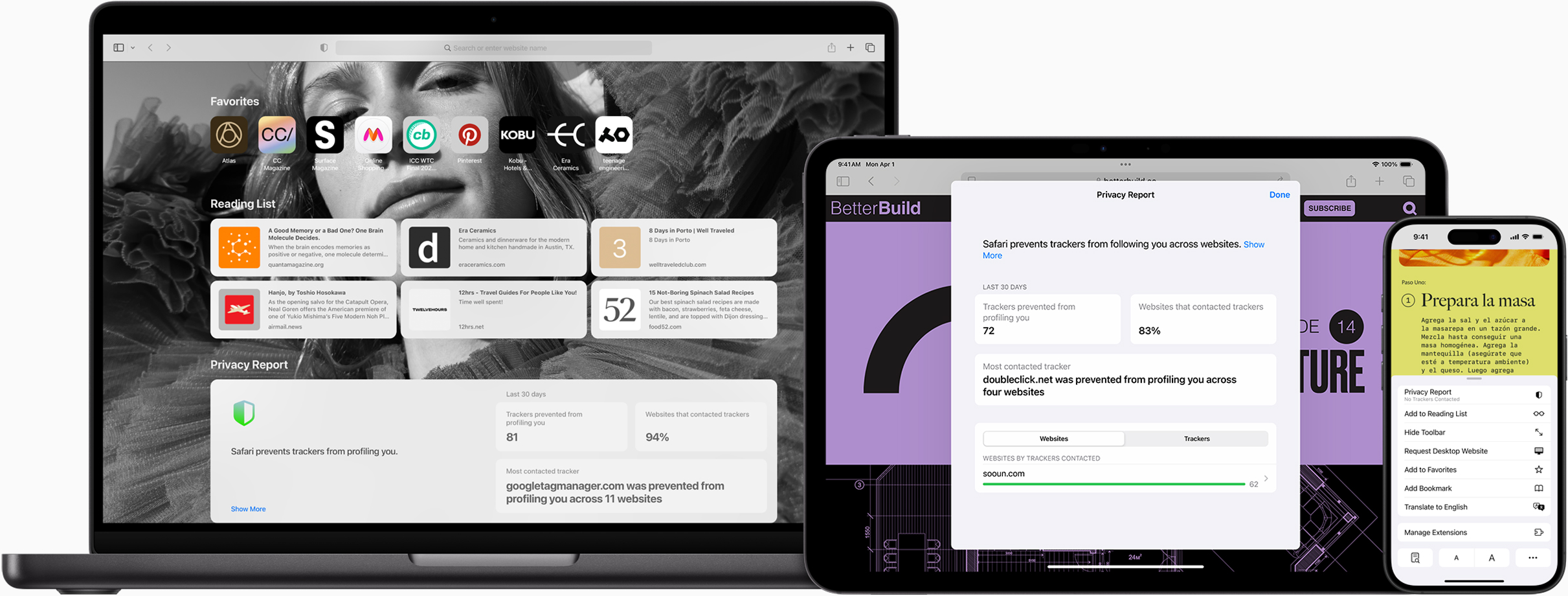Apple has launched a new campaign featuring bird-like CCTVs to underscore Safari's privacy features, emphasizing the browser's robust protections against online tracking.
Apple's Latest Campaign on Safari's Privacy Features
Apple's latest promotional campaign leverages the eerie aesthetic of Alfred Hitchcock's "Birds" to spotlight Safari's privacy features. The campaign uses live-action CCTVs designed to resemble birds, which fly and hop around, peering into people's phones to symbolize pervasive web tracking.
Bird-Like CCTVs Symbolize Web Tracking
In the campaign, these bird-like CCTVs glow red, persistently attempting to invade users' privacy, creating a sense of horror akin to Hitchcock's style. This dramatic portrayal highlights the extent of online surveillance by tech companies seeking to sell advertisements.
Safari's Privacy Protections: Key Features
Apple's campaign promotes Safari as a solution to this surveillance nightmare, showcasing its advanced privacy protections:
-
Cross-Site Tracking Prevention: One of the most common forms of online surveillance is cross-site tracking, where companies track users across multiple websites to gather data for targeted ads. Safari's Intelligent Tracking Prevention (ITP) uses machine learning to block these trackers, offering robust privacy protection.
-
Fingerprinting Protection: Safari also combats fingerprinting, a technique where companies track users based on their device's unique configurations. By limiting the amount of system information Safari provides to websites, Apple enhances user privacy.
-
Location Data Protection: Safari addresses concerns about location data, which can reveal sensitive information about users. The browser does not share location data with search engines and gives users granular control over location sharing, allowing them to set preferences for how long location information is accessible.
-
Web Extensions Privacy: While web extensions enhance browsing by adding functionality, they can also pose privacy risks. Safari supports the WebExtensions standard while providing robust user control over these extensions to mitigate potential risks.
-
Private Browsing Mode: Introduced in 2005, Safari's Private Browsing mode has evolved to offer advanced protections. It prevents web pages, searches, and AutoFill information from being saved and locks automatically when used with Face ID and Touch ID. Additionally, it includes link tracking protection, removing unnecessary trackers from URLs shared in Messages and Mail.

Conclusion
Apple's dramatic campaign effectively highlights the importance of privacy and the advanced features Safari offers to protect users from online surveillance. By using striking visuals and a Hitchcockian theme, Apple underscores the pervasive nature of web tracking and positions Safari as a powerful tool for safeguarding privacy.










